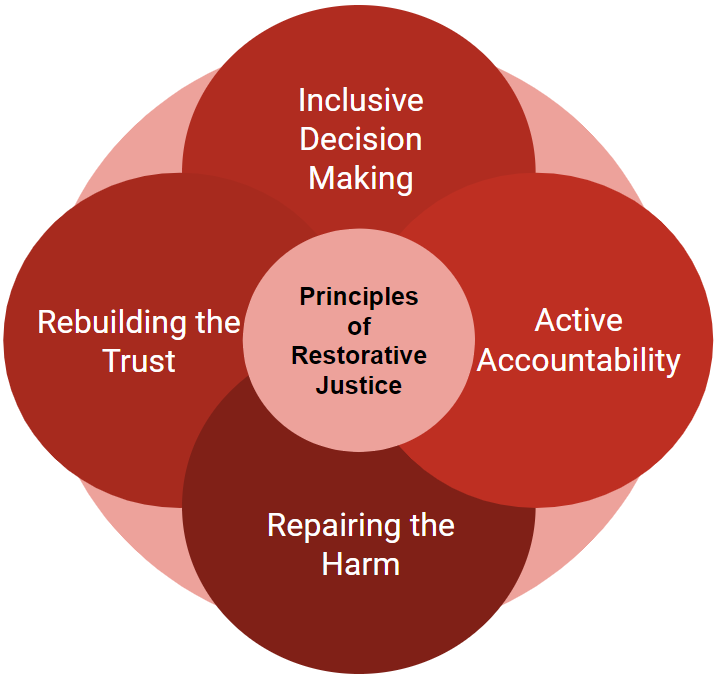Academic Integrity Matters (AIM) is a program offered to students who have engaged in scholastic dishonesty and accept responsibility for violating the Student Conduct Code. The AIM Program is structured around the principles of restorative justice, and gives students the opportunity to discuss the impact of scholastic dishonesty as well as gain a greater understanding of academic integrity.
The AIM Program is structured into three parts:
1) Eligibility
Students are eligible to participate in the AIM Program if they meet the following:
- No prior incidents of scholastic dishonesty
- Accept responsibility for violating the student conduct code
- Not subject to additional outcomes (i.e., probation, suspension, or expulsion).
All of these criteria's must be met in order to establish program eligibility.
2) AIM Community Meetings
In a Community Meeting made up of trained faculty and staff, student participants discuss the incident that brought them to the meeting. A facilitator who leads the meeting will pose questions for the students to reflect on the importance of academic integrity. For more information about the AIM Community Meetings, click here.
3) AIM Agreement
At the end of each community meeting, participants and community members discuss and agree on an educational opportunity the student will complete in order to demonstrate understanding of academic integrity. For sample agreements, click here.
Completion of AIM Program
If a student completes all components of the program, the Office for Community Standards will change the student’s disciplinary record to non-disciplinary. Failure to complete any part of the program will result in the disciplinary record being maintained per standard university policy. For more information regarding non-disciplinary records, click here.
Please note: Upon completion of all required components of the AIM meeting and agreement, a student's record will be made non-disciplinary. This record will stay this way unless this student has a second incident of academic dishonesty where the student is found responsible. In the second responsible case, the student would be charged with scholastic dishonesty. The first case, that was made non-disciplinary from AIM, will revert back to disciplinary. This would result in two disciplinary cases of scholastic dishonesty after a second incident.
Community Members
Faculty members, instructors, and students volunteer to represent the University of Minnesota as Community Members. Community Members promote academic integrity by sharing perspectives of the impact of scholastic dishonesty and helping student participants learn from their experience.
For more information for Community Members, click here.
